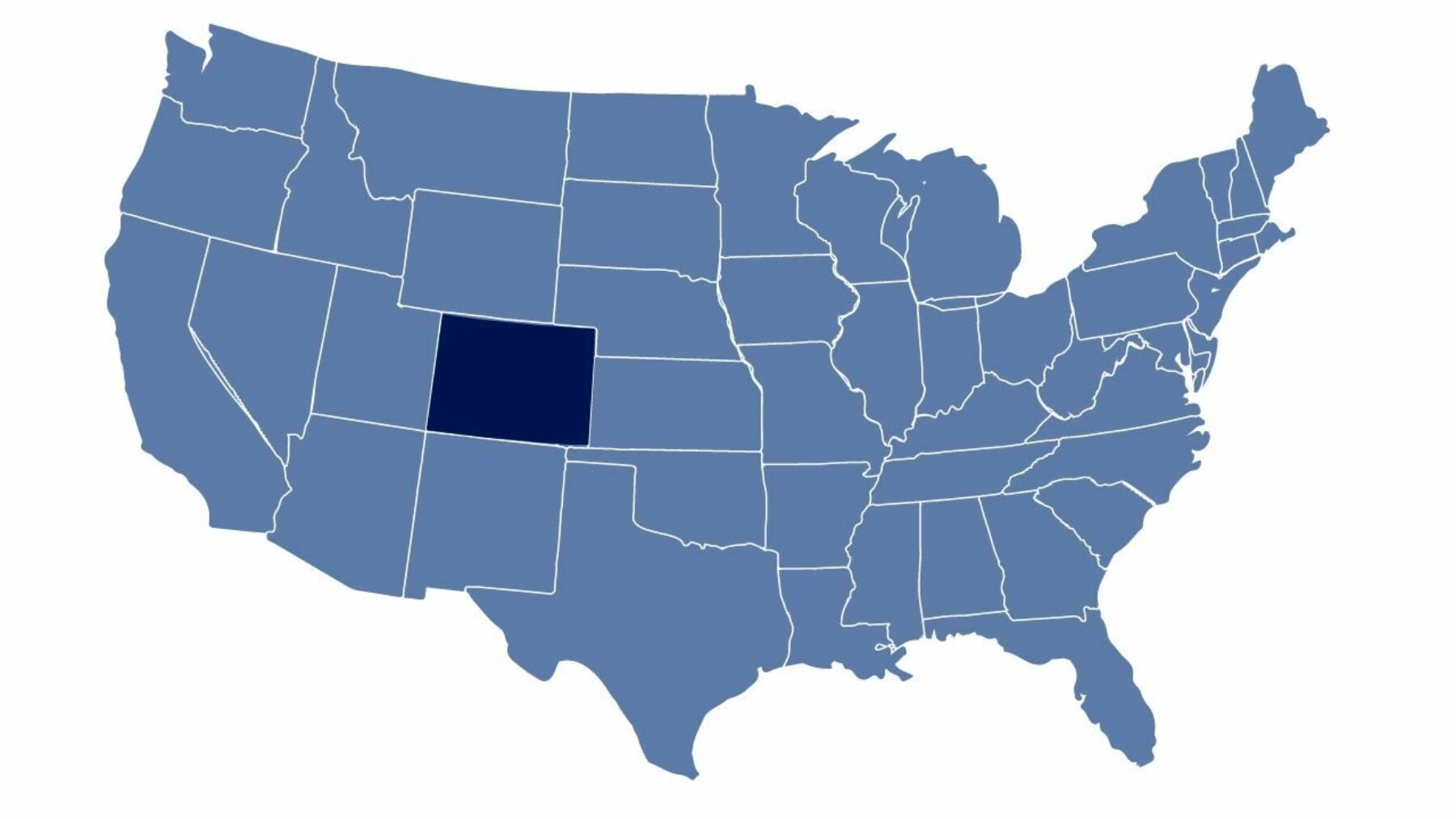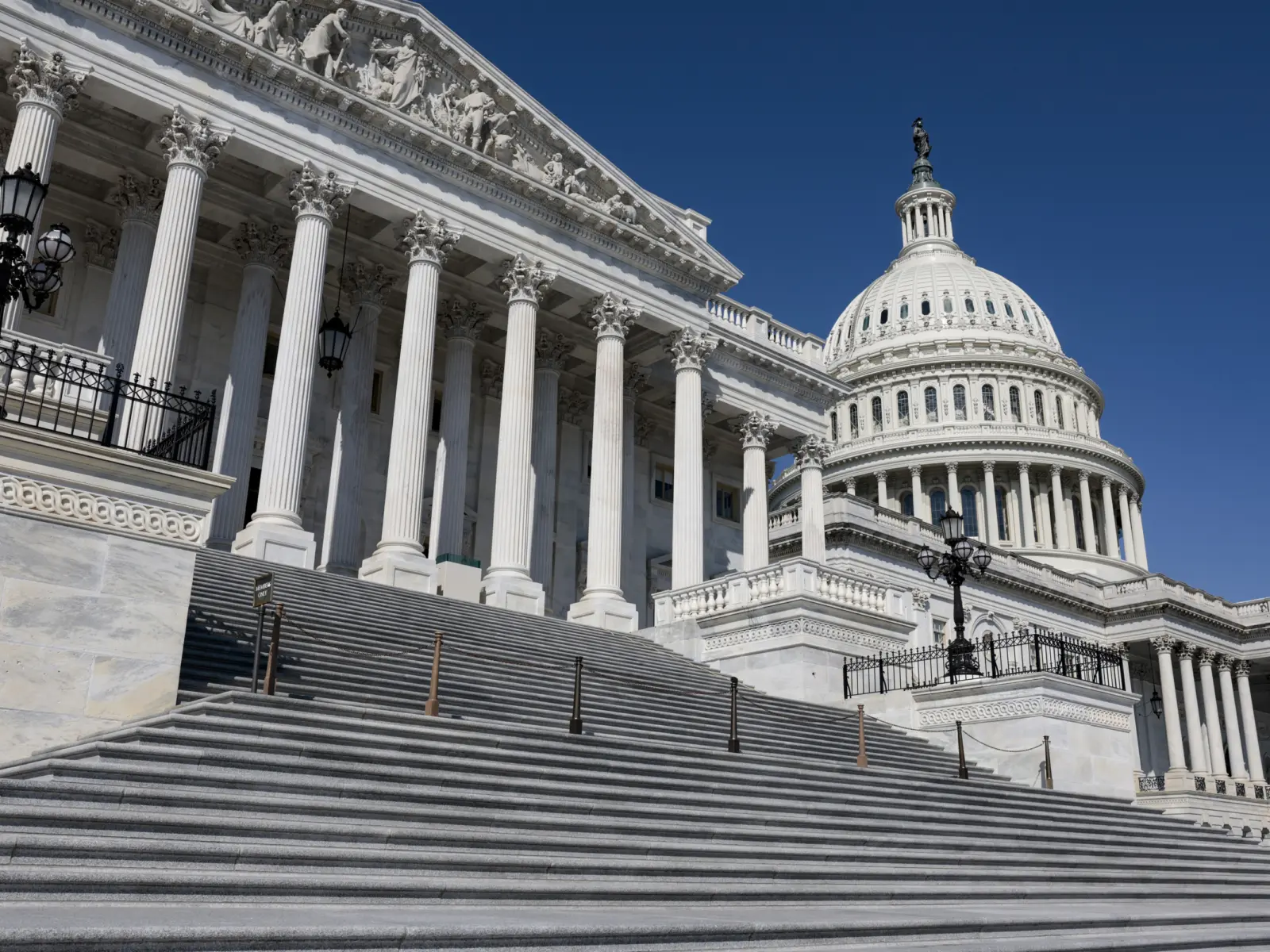At a Glance
Earlier this summer, Colorado passed a new bipartisan law aimed at limiting predatory hospital billing behavior in certain cases. Effective this month, hospitals will be prohibited from pursuing medical debt collections against patients if they fail to publicly post their prices online in compliance with the federal Hospital Price Transparency law.
The bill’s passage follows a local investigation into the medical debt issue in Colorado that revealed eight hospitals in the Denver area had placed liens on people’s houses as a means of collecting medical debt — an aggressive maneuver typically used for collecting taxes or child support, but in the Denver cases used to collect four-figure medical debts.
Why it Matters
With more than 100 million Americans burdened by medical debt, there is growing state and federal momentum to curb aggressive hospital billing and collection practices and address the excessive prices certain hospitals and physicians charge privately insured patients. Colorado is the first state to tie medical debt to hospital price transparency. Amidst increasingly unaffordable health care costs, states continue to experiment with different policy solutions to address rising prices and their impact on patients. A bipartisan effort to protect patients from high prices by limiting predatory debt collection among a subset of hospitals — the ones that have failed to post their prices — is a noteworthy innovation in the effort to address high health care costs.
On the Ground
An evaluation of Denver County court records showed that in about 40% of medical debt collection cases, the decision allowed debt collectors to garnish patients’ wages over unpaid medical bills.
Linking medical debt collection to price transparency presents an opportunity to advance two goals in one policy: addressing aggressive debt collection practices and improving the availability of pricing data. Hospital price transparency alone will be insufficient to lower health care costs. However, it is an important first step, and purchasers of health care, including patients, consumers, and employers, have a right to know the prices they are being charged.
Nationally, only about half of hospitals are compliant with the federal law, though some studies peg that number much lower. One analysis that used a high bar for compliance found only 6% of sampled Colorado hospitals were compliant, so this new law has the potential to protect millions of Coloradans.
The Work Ahead
Nothing in the bill prohibits a noncompliant hospital from sending an exorbitant bill to a patient in the first place. In the event that bill goes unpaid, the new law prohibits the hospital from sending it to collections. Moreover, there are a variety of other ways hospitals — whether compliant with the price transparency law or not — pursue abusive and anticompetitive tactics to extract egregiously high prices from patients. This law is an important step to protect patients from the effects of high prices, but it does not address the underlying drivers of those prices.
Takeaways
- With increased federal attention on medical debt and low compliance with the federal transparency law, Colorado’s policy could inform congressional efforts to address these issues.
- The Colorado approach is a first step that begins to address predatory billing practices and abusive pricing tactics that powerful hospitals and providers use. There are a range of policy options for states looking to increase transparency, improve competition, and regulate high prices: AV Commercial Sector Prices State Policy Sheet.

















